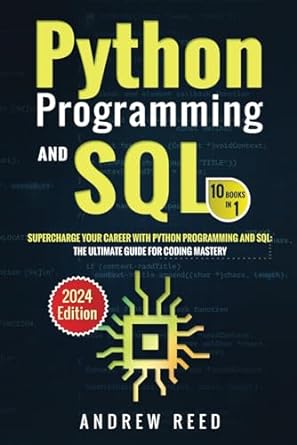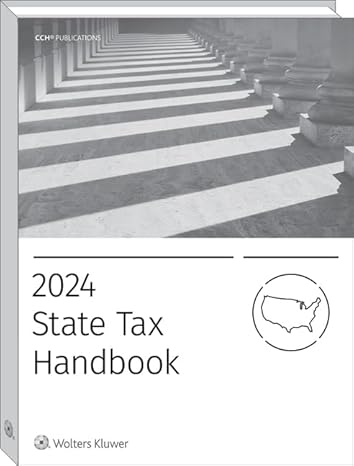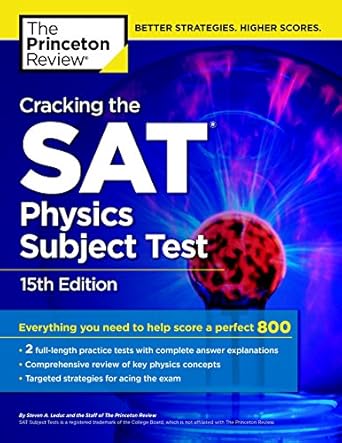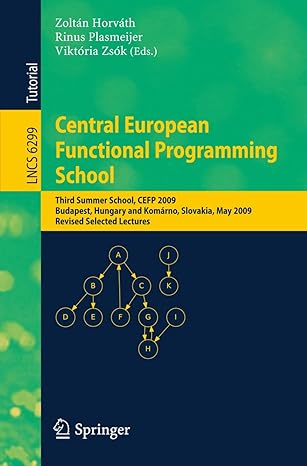Go back

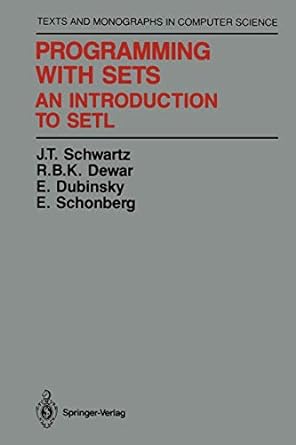
Programming With Sets An Introduction To SETL(1st Edition)
Authors:
J.T. Schwartz ,R.B.K. Dewar ,E. Dubinsky ,E. Schonberg

Cover Type:Hardcover
Condition:Used
In Stock
Shipment time
Expected shipping within 2 DaysPopular items with books
Access to 30 Million+ solutions
Free ✝
Ask 50 Questions from expert
AI-Powered Answers
✝ 7 days-trial
Total Price:
$0
List Price: $86.08
Savings: $86.08(100%)
Solution Manual Includes
Access to 30 Million+ solutions
Ask 50 Questions from expert
AI-Powered Answers
24/7 Tutor Help
Detailed solutions for Programming With Sets An Introduction To SETL
Price:
$9.99
/month
Book details
ISBN: 1461395771, 978-1461395775
Book publisher: Springer
Get your hands on the best-selling book Programming With Sets An Introduction To SETL 1st Edition for free. Feed your curiosity and let your imagination soar with the best stories coming out to you without hefty price tags. Browse SolutionInn to discover a treasure trove of fiction and non-fiction books where every page leads the reader to an undiscovered world. Start your literary adventure right away and also enjoy free shipping of these complimentary books to your door.
Book Summary: The programming language SETL is a relatively new member of the so-called "very-high-level" class of languages, some of whose other well-known mem bers are LISP, APL, SNOBOL, and PROLOG. These languages all aim to reduce the cost of programming, recognized today as a main obstacle to future progress in the computer field, by allowing direct manipulation of large composite objects, considerably more complex than the integers, strings, etc., available in such well-known mainstream languages as PASCAL, PL/I, ALGOL, and Ada. For this purpose, LISP introduces structured lists as data objects, APL introduces vectors and matrices, and SETL introduces the objects characteristic for it, namely general finite sets and maps. The direct availability of these abstract, composite objects, and of powerful mathematical operations upon them, improves programmer speed and pro ductivity significantly, and also enhances program clarity and readability. The classroom consequence is that students, freed of some of the burden of petty programming detail, can advance their knowledge of significant algorithms and of broader strategic issues in program development more rapidly than with more conventional programming languages.
Customers also bought these books
Frequently Bought Together
Top Reviews for Books
Monika Parikh
( 5 )
"Delivery was considerably fast, and the book I received was in a good condition."



